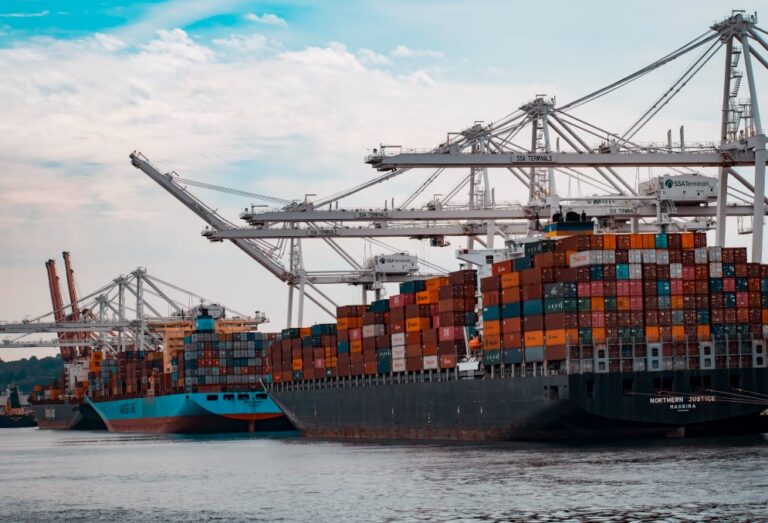Exports refer to goods or services produced in one country and sold to another. Whether a product is considered an export or import depends on the perspective—either from the country of origin or destination.
The exporting country manufactures and sells goods or services (exports), while the importing country purchases and receives them (imports).
Table of Contents
The role of exports in an economy
Exports play a crucial role in a country’s economy by granting access to international markets, expanding the potential customer base for producers, and contributing to international diplomacy and foreign policy efforts.
Governments often prioritize exports over imports due to their economic benefits. These include job creation, higher wages, improved living standards, and increased foreign currency reserves.
In many cases, governments introduce policies to encourage exports while reducing imports. Trade protections, such as tariffs on imported goods, may be implemented to raise prices and support domestic industries. On the other hand, trade agreements are often negotiated to lower these barriers, promoting mutually beneficial commercial relationships between nations.
Leading exporting countries globally
According to World Bank data from 2020, the leading countries by export value include:
- China
- Total exports: $2.72 trillion
- Key exports: Electronic equipment, machinery (TV equipment, computers, integrated circuits, office machine parts, phones)
- United States
- Total exports: $2.12 trillion
- Key exports: Crude and refined oil, integrated circuits, pharmaceuticals, aircraft, and spacecraft (including parts)
- Germany
- Total exports: $1.67 trillion
- Key exports: Automobiles (BMW, Mercedes-Benz, Porsche, Audi, Volkswagen), pharmaceuticals (Bayer), aircraft, machinery, electronics, chemicals
- Japan
- Total exports: $785.4 billion
- Key exports: Automobiles (Toyota, Honda, Nissan, Mazda, Suzuki), auto parts, integrated circuits, electronics (Nintendo, Panasonic, Sony)
- United Kingdom
- Total exports: $770.5 billion
- Key exports: Cars (Bentley, Jaguar, Mini, Rolls-Royce), gas turbines, gold, pharmaceuticals, spirits, crude oil
- France
- Total exports: $733.2 billion
- Key exports: Aircraft, pharmaceuticals, automobiles, machinery, cosmetics, luxury goods
- Netherlands
- Total exports: $711.5 billion
- Key exports: Machinery and equipment, chemicals, mineral fuels, food products
- Hong Kong
- Total exports: $612.6 billion
- Key exports: Electronics, textiles, clothing, watches, toys
- Singapore
- Total exports: $599.2 billion
- Key exports: Machinery and equipment, electronics, pharmaceuticals, medical devices, processed food
- South Korea
- Total exports: $596.9 billion
- Key exports: Semiconductors, cars, ships, petrochemicals, smartphones
Benefits of the import-export model
The import-export model allows nations to access goods and services that may not be readily available domestically. It also enables specialization in products that a country can produce more efficiently or cost-effectively, leveraging natural resources and demographic advantages to gain a competitive edge in global trade.
For instance, countries like Saudi Arabia, with vast oil reserves, benefit significantly from exporting crude oil worldwide, supporting economic growth and prosperity.
Similarly, cocoa-producing nations like Ivory Coast and Malaysia rely on exports to supply chocolate to markets around the globe, highlighting the impact of international trade on economic development and consumer access to goods.
Read also: The 10 major exporters of raw materials worldwide












